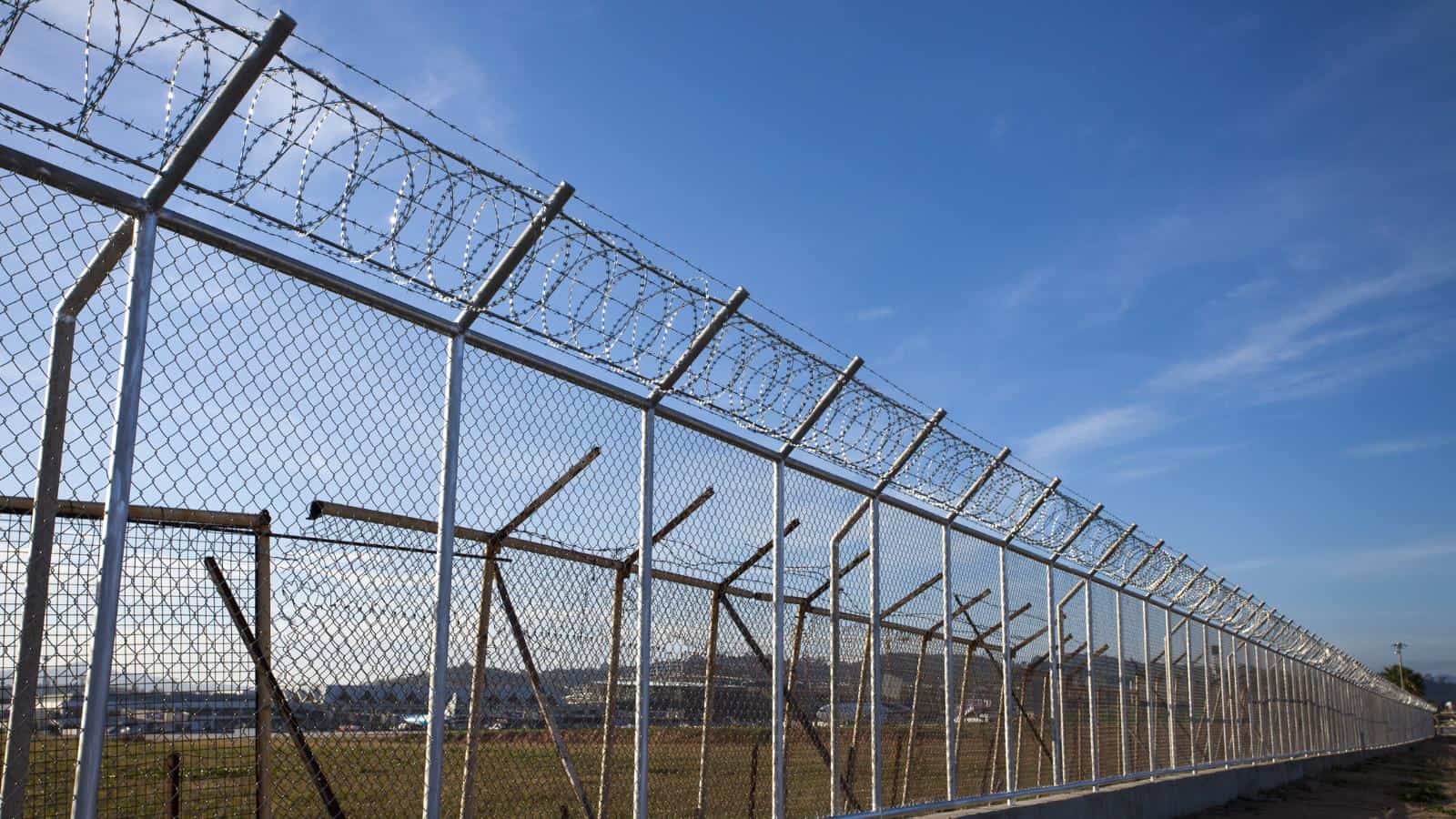Although America is often celebrated for its innovation, wealth, and freedoms, it falls short in several key areas when compared to other nations. Whether it’s healthcare and education or internet accessibility and work-life balance, there are various aspects where the United States struggles to keep up compared to the rest of the world.
Educational Outcomes

American students often lag behind their international peers, especially in math and science. This may be because the U.S. education system is highly decentralized, leading to disparities in quality and funding. There’s a need for enhanced STEM education and more equitable funding across school districts.
Internet Speeds and Access

Despite technological advances, the U.S. has slower average internet speeds than many developed nations. The high costs and lack of infrastructure in rural areas limit internet access, but faster and more affordable internet could drive innovation and economic growth.
Recycling and Environmental Policies

Unfortunately, America also trails behind in recycling rates and sustainable waste management practices. There is, however, potential for improvement in reducing single-use plastics and enhancing recycling technologies. Stronger environmental policies could lead to better conservation efforts and reduced pollution.
Public Transportation

“American buses, subways, and light rail lines consistently have lower ridership levels, fewer service hours, and longer waits between trains than those in virtually every comparably wealthy European and Asian country,” as per Vox. Investment in infrastructure like high-speed rail and better city transit systems is needed.
Universal Healthcare

Most developed nations provide universal or extensive healthcare coverage, unlike the U.S., where healthcare remains largely privatized and (very) expensive. This lack of universal healthcare leads to significant out-of-pocket expenses for many Americans. And, while the U.S. spends more on healthcare per capita than most countries, it does not achieve better health outcomes.
Maternity Leave Policies

Shockingly, the U.S. is one of the few industrialized countries without a national paid maternity leave law. Most developed countries offer at least 14 weeks of paid maternity leave, and it’s said that a lack of maternity leave can affect child development and women’s participation in the workforce.
Vacation and Paid Time Off

According to the CAP, “No U.S. federal law gives workers the right to any kind of paid vacation, personal time, or other general-use paid time off.” Conversely, most European countries require at least 20 paid vacation days per year. A lack of paid time off can contribute to worker burnout and reduced productivity.
Child Care Support

Child care in the U.S. is often expensive and not universally accessible, unlike in many European countries. Subsidized or free child care, however, could improve gender equality and economic productivity. There’s a growing call for federal action to support early childhood education programs.
Gun Control Laws

Another area in which America is behind is gun control. The country has more lenient gun control laws than many other countries, contributing to higher rates of gun violence. It’s almost certain that stricter regulations could lead to fewer homicides and mass shootings, though there’s significant public debate and political division on this issue.
Obesity Rates

The United States also has one of the highest rates of obesity in the world, particularly among children. Obesity is linked to numerous health problems, including diabetes and heart disease, and public health initiatives to promote nutrition and exercise could help address this issue.
Renewable Energy Adoption

America lags in the transition to renewable energy compared to leaders like Germany and China. Expanding renewable energy sources could reduce dependence on fossil fuels and combat climate change, but government incentives and investments in green technology are crucial for this shift.
Income Inequality

Inequality.org states that “income disparities are now so pronounced that America’s richest 1 percent of households averaged 104 times as much income as the bottom 20 percent in 2020,” which is higher than other developed countries. Policies to address wage disparities, improve education access, and support low-income families could reduce this inequality.
Prison Population

The U.S. has the highest incarceration rate of any country in the world. Many believe that criminal justice reform is needed to address the issues of over-incarceration and racial disparities. There’s also a growing advocacy for alternative approaches to incarceration.
Patent Applications

America has been seeing a slower rate of growth in patent applications, indicating potential issues in innovation. The high costs and complexity of patenting can deter small inventors and startups, but encouraging R&D and improving intellectual property laws could help maintain competitiveness.
Global Education Ranking

In international assessments, U.S. students often perform below students in several Asian and European countries. Investing in teacher training, curriculum development, and educational technology could improve outcomes. Education reform is absolutely critical for preparing students for a globalized economy.
Cybersecurity Measures

America faces significant challenges in cybersecurity, with frequent breaches affecting government and private sectors. While the country very recently introduced a national cybersecurity strategy, it’s still been found to have many flaws. Collaboration between government and tech companies is essential.
Disability Rights and Benefits

Compared to some European countries, the U.S. offers less generous disability benefits and protections, but enhancing disability rights can improve the quality of life and equality for disabled individuals. Ongoing improvements and policy changes are needed to match the support systems found in places like Scandinavia and the UK.







